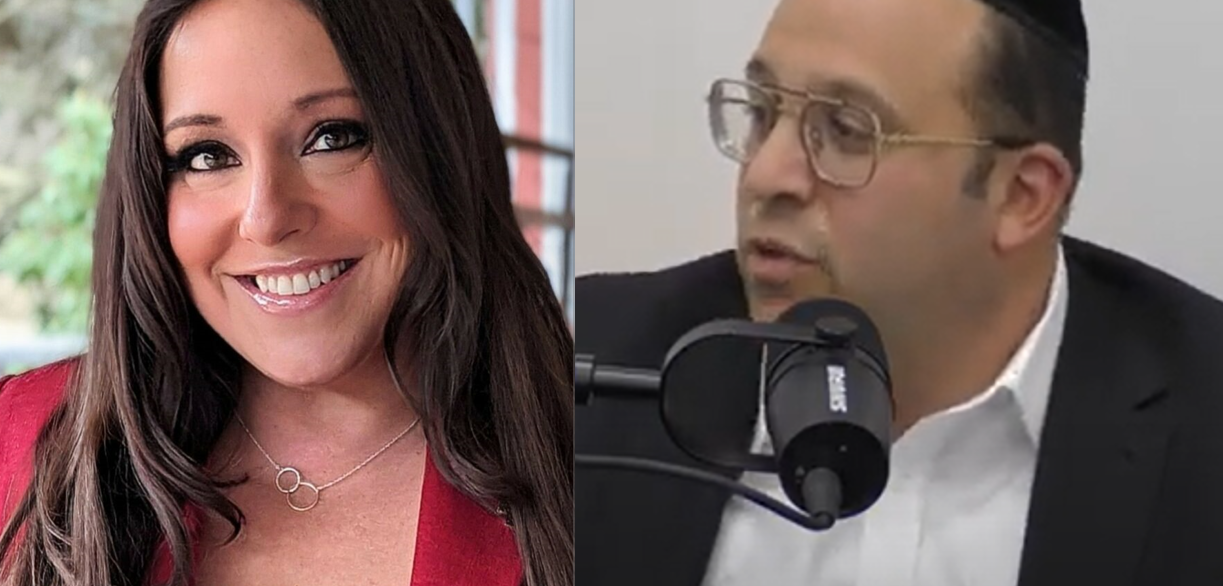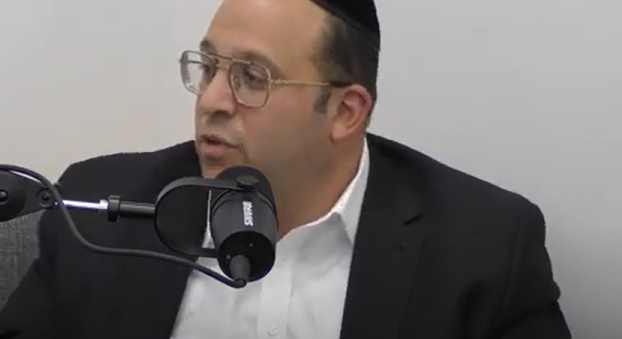
Lawmakers on the Assembly Education Committee last Thursday debated Assembly Bill 4381, the counterpart of Senate Bill 3156, which would make it legal for school districts, for a nominal fee, to lease school property to federally qualified health centers (FQHCs). The Education Committee passed the bill 6-3 on party lines, but not before facilitating a robust difference of opinion.
Assemblywoman Dawn Fantasia (R-24) objected to the bill. “We see a trend overall – this bill is part of a larger piece, where we go back to that point of ‘in loco parentis’ again,” she said. “… I think universal consent to parents needs to be norm, the rule not the exception. …This bill is just a piece of a bill that is really making people uneasy.”
Maria Quigley of NJ Stand Up emphasized the points cited by Fantasia. “Many parents would not want this anywhere near their school,” said Quigley. “Most parents would think of healthcare as the school nurse, but this is a whole new ballgame. These health centers are already in place, and some are even here in New Jersey. They are intended to replace the family doctor.”
Shawn Hyland of NJ Family Policy Center: “We do oppose this bill. … Expanding the footprint of FQHCs on more school properties is a concern for parents.”
Michael Currie of Wake Up New Jersey said, “In Seattle these school-based healthcare centers have resulted in providing hormonal treatments to students for medical transititon across sex hormones and puberty blockers. Imagine if this happens without knowledge of you, the parent.”
Others testified against the bill because of an alleged lack of adequately assessed safety factors.
On the other side of the argument, Assemblyman Avi Schnall (D-30) backed the bill, and objected to the bill’s opponents framing it as a parental consent issue. “I do not support the erasure of parental rights in children’s medical care,” said the assemblyman.
He said given the seriousness of allegations, he decided to read the bill as though it were the Talmud. He took the bill to other members of his community in Lakewood. The bill, he concluded, facilitates medical access to impoverished families. “This bill does not medicalize or indoctrinate,” the assemblyman said. “We have a chronic problem of children not coming for their annual visits. And there is a significant lack of care. The FQHC is a significant distance away. Parents are working double and triple jobs. We don’t have public transportation in Lakewood. They don’t come to the doctor. If I could have made an FQHC on the school and kids can come, of course with consent of the parent, because it is federally regulated, of course … because impoverished families cannot get their kids to a doctor.” The committee is not changing parental consent, period, said Schnall, who expressed his enthusiastic support for the bill.
His fellow Democrats joined Schnall in passing the bill out of committee.
(Visited 31 times, 60 visits today)
A recent debate on the Health Centers on School Properties Bill has ignited a heated discussion in a committee in New Jersey. The bill, which aims to allow health centers to be established on school properties, has sparked controversy among lawmakers, educators, and parents.
Proponents of the bill argue that having health centers on school properties would provide students with easier access to medical care and support their overall well-being. They believe that having health centers on school grounds would help address health disparities and improve health outcomes for students, particularly those from low-income communities who may not have easy access to healthcare services.
On the other hand, opponents of the bill have raised concerns about the potential costs and logistics of establishing and maintaining health centers on school properties. They worry that this could divert resources away from other important educational programs and services. Some also question whether schools should be responsible for providing healthcare services, arguing that it is not their primary role.
The debate has highlighted the complex intersection of education and healthcare in the United States. While schools are primarily responsible for educating students, they also play a crucial role in promoting their health and well-being. Many schools already provide basic healthcare services, such as school nurses and counseling services, but the Health Centers on School Properties Bill represents a more comprehensive approach to addressing students’ healthcare needs.
As the debate continues, it is important for lawmakers to carefully consider the potential benefits and challenges of the bill. Finding a balance between providing essential healthcare services to students and ensuring that schools have the resources they need to fulfill their educational mission will be key to moving forward with this legislation. Ultimately, the goal should be to prioritize the health and well-being of students while also supporting the overall success of our education system.


